Overcoming Challenges in Early Education Robotics
Selected theme: 5. Overcoming Challenges in Early Education Robotics. Welcome to a warm, practical space where small classrooms, tight budgets, and big dreams meet realistic strategies. We turn roadblocks into learning launchpads and invite you to share, subscribe, and build resilient young roboticists together.
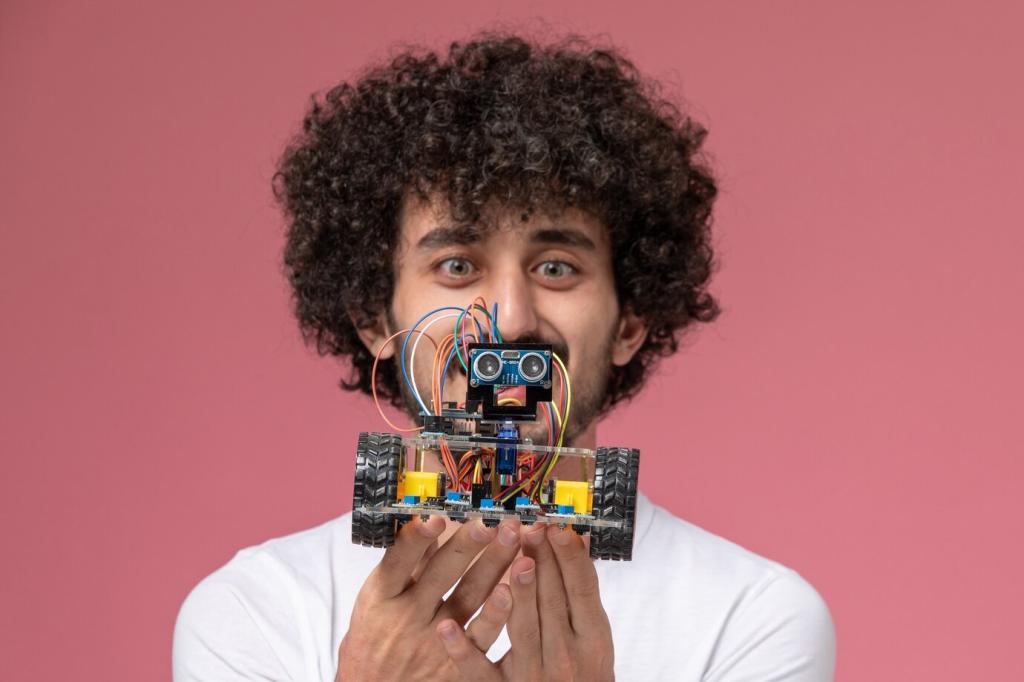
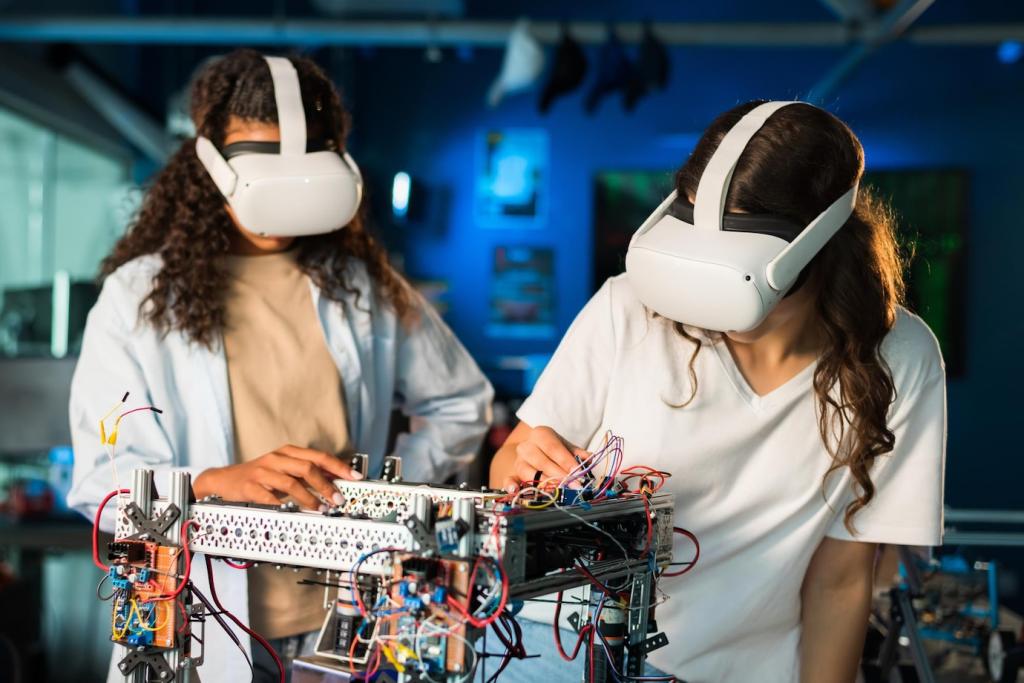
Why Early Robotics Feels Hard—and How to Start Confidently
List the top three barriers—time, confidence, and materials—on your whiteboard, then draft one small counter-move for each. When students see you model problem framing, they learn that challenges are solvable systems, not personal failures. Share your list with us.
Why Early Robotics Feels Hard—and How to Start Confidently
Choose a single robot, a five-minute setup, and one repeatable activity for a week. Keep instructions identical daily so cognitive load stays low. Celebrate tiny improvements loudly, then invite readers to comment with their first routine that actually stuck.
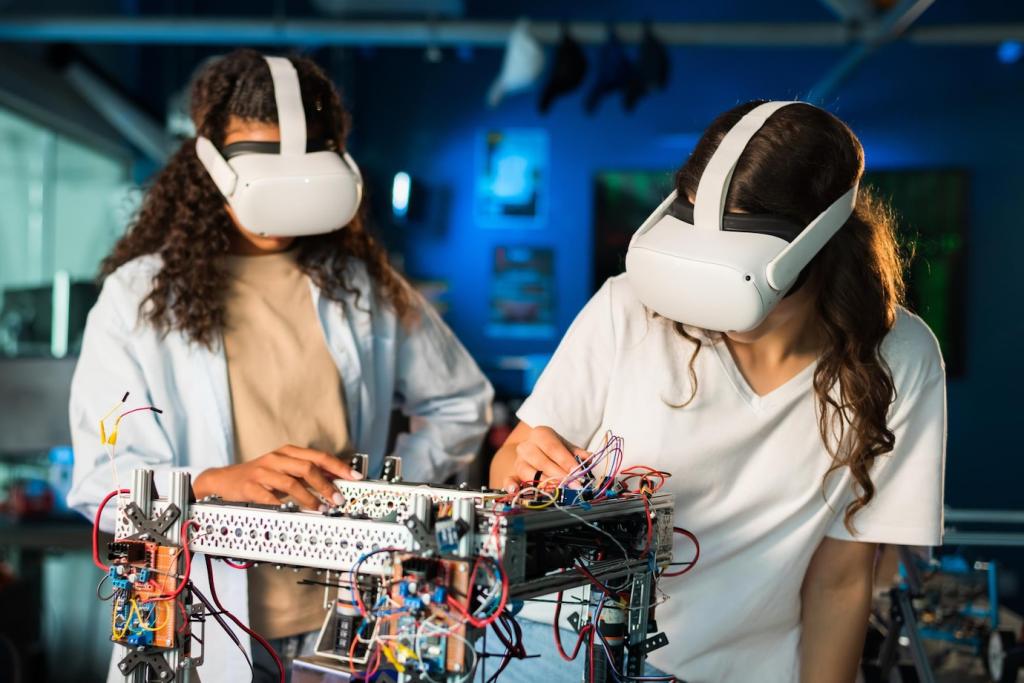
Mix affordable motors, craft sticks, and recycled containers to prototype mechanisms before purchasing full kits. Students love naming their creations from found materials, and you can test learning outcomes cheaply. Comment with your favorite thrifted part that sparked a breakthrough.

Before screens, teach sequencing with arrows on the floor, loops with hand claps, and conditional logic with colored cards. These playful activities develop algorithmic thinking and classroom norms. Share a video of your unplugged routine, and subscribe for our ready-to-print game decks.

Local businesses often fund tangible classroom needs. Publish a two-sentence narrative: the challenge, the impact. Keep a public wish list with exact quantities and prices. Tell us where you found support, and we will feature your mini-grant template in next week’s newsletter.
Teacher Readiness: From Anxiety to Agency
Adopt a constructionist stance: guide exploration, not perfection. Plan one curious question per step—What do you notice? What changed? What will you try? Students learn perseverance, you learn alongside them. Share your best question in the comments to inspire another teacher.
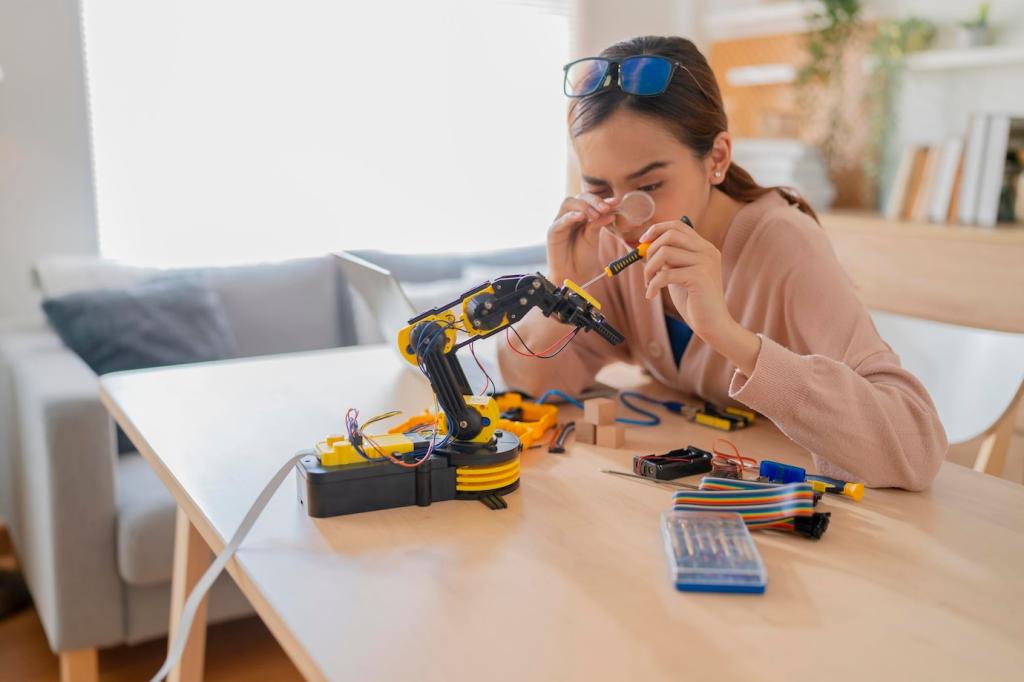
Teacher Readiness: From Anxiety to Agency
Before class, run the activity for five minutes on your desk. Note the snag points: pairing, charging, or confusing commands. Fix one friction each day. Tell us your latest micro-rehearsal discovery and subscribe for our preflight checklist you can tape to your laptop.
Safety, Setup, and Classroom Flow
Safety rituals students can lead
Post a quick chant: Eyes up, cords down, tools away. Assign rotating safety captains who model checks before any robot wakes. Involving students builds responsibility and pride. Share your classroom’s safety chant and we will compile a community playlist of kid-led scripts.
Charging, storage, and parts tracking
Color-code bins to teams, name batteries, and add a simple checkout sheet for sensors. A photo label on each bin prevents post-lesson chaos. Tell us your smartest labeling trick, and subscribe to get our printable bin cards and battery rotation schedule.
Predictable stations and timeboxes
Set three stations—Build, Code, Test—with eight-minute timeboxes and a soft chime. Kids learn progress pacing and fewer conflicts erupt. Comment with your favorite station prompt, and we will feature it in a future challenges pack for early grades.
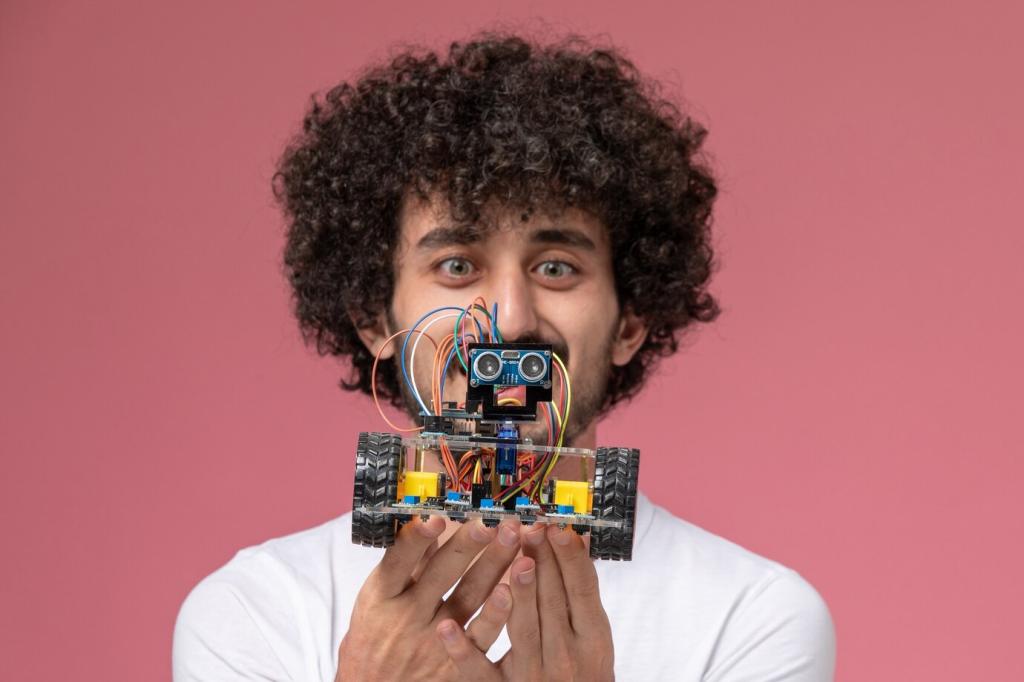

Map robots to real standards
Connect robot paths to measurement, storytelling to sequence and causality, sensors to scientific investigation. Write objectives in child-friendly language. Share one standard you are targeting this month, and we will send an aligned prompt set to subscribers.
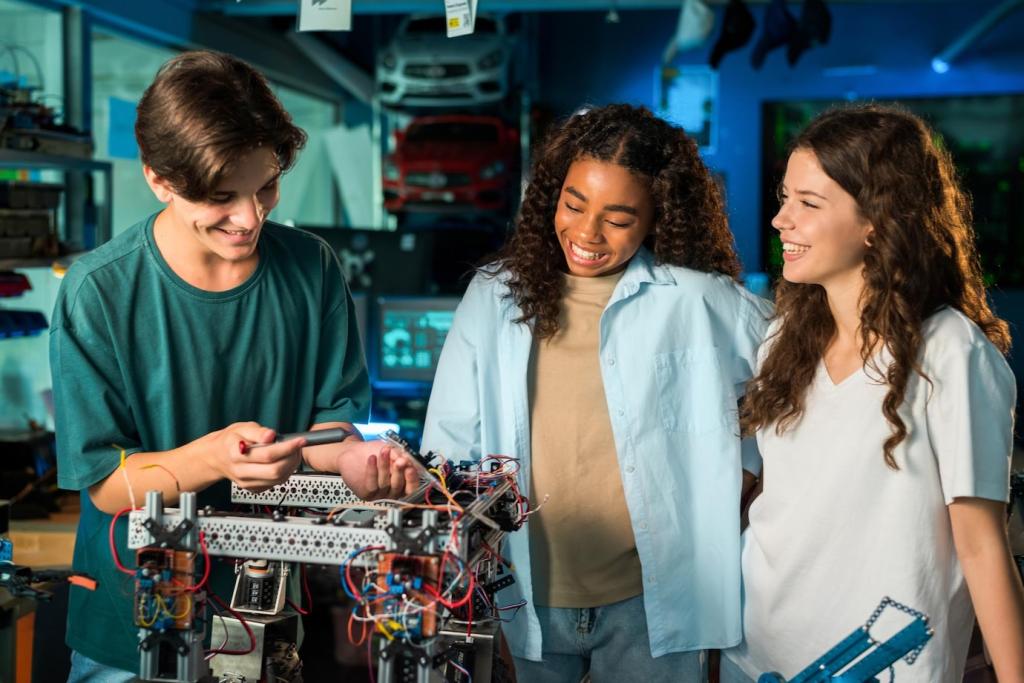
Assess process, not just product
Use quick rubrics for collaboration, iteration, and reasoning. Photograph whiteboard plans, not only finished robots. Invite students to narrate what they changed and why. Post your favorite process rubric element in the comments to help another educator refine theirs.
Hands-on family nights that matter
Set up stations where adults and children program together in ten minutes or less. A grandmother once teared up watching her grandson explain loops proudly. Share a short family-night reflection and subscribe for a turnkey agenda you can adapt next month.
Mentors and local challenges
Invite a city engineer, librarian, or shop owner to propose a real mini-challenge. Authentic audiences lift effort and care. Tell us your best community partner story, and we will spotlight your class’s solution in an upcoming community showcase post.
Newsletter narratives and student voice
Publish one photo, one student quote, and one learning goal each week. Families understand progress, not just products. Ask students to write the captions. Comment with your favorite student quote, and subscribe to get our storytelling template set.
